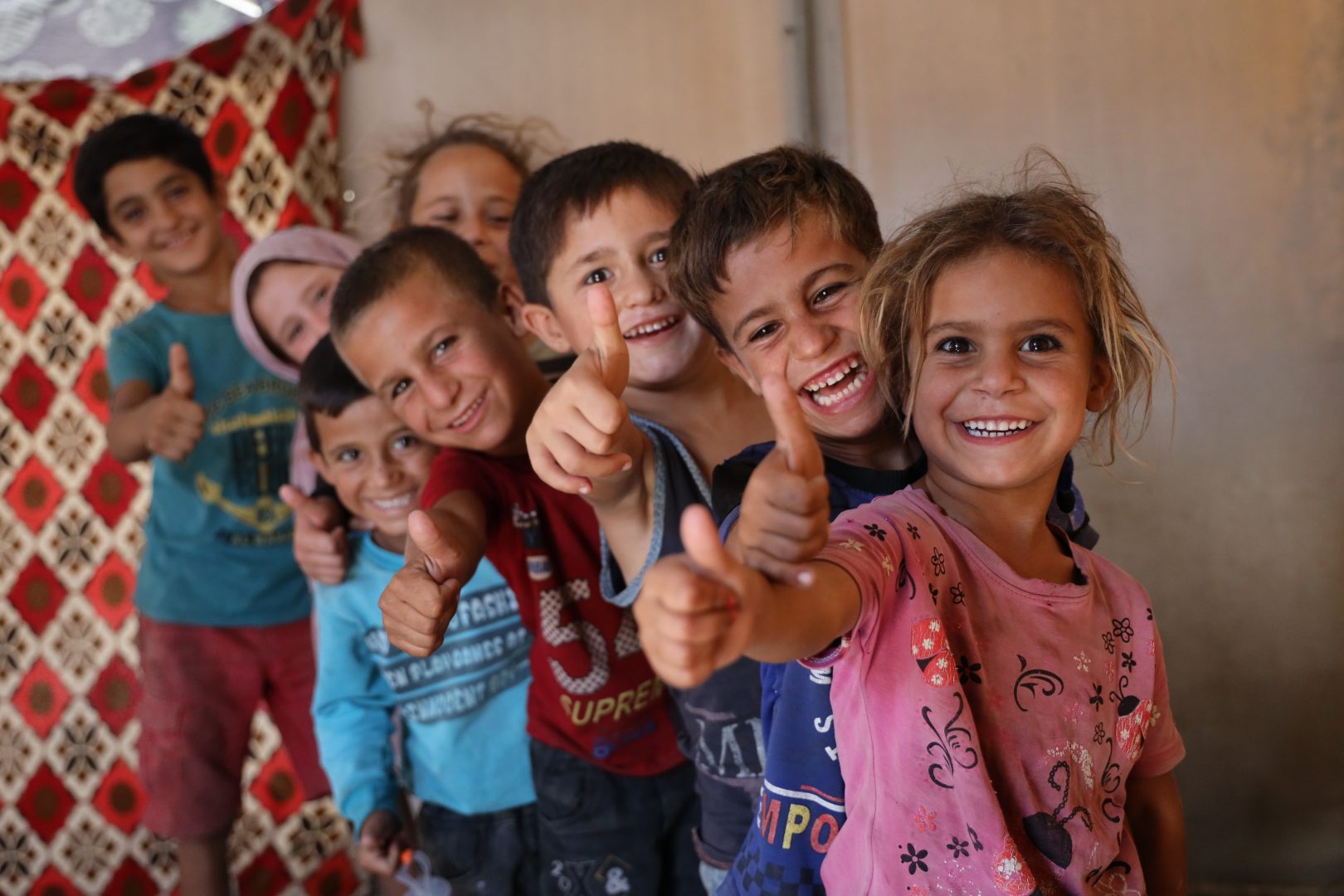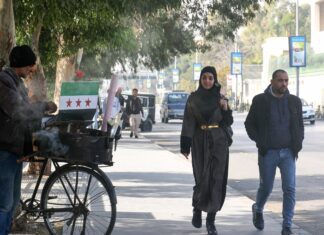
As Syria emerges from years of conflict and devastation, the international community is considering easing sanctions to facilitate humanitarian relief and reconstruction efforts. Discussions within the EU suggest a possible shift in policy, with a focus on alleviating suffering while ensuring accountability for past atrocities.
EU Moves Toward Sanctions Relief
An unofficial document from the European Council outlines plans to ease sanctions on Syria’s new administration, excluding Bashar al-Assad and his regime’s affiliates. Proposed measures include lifting restrictions on transportation, energy, and banking, enabling essential infrastructure projects and financial transactions to support recovery.
The document, set for discussion by EU foreign ministers on January 27, also recommends restoring financial channels between European and Syrian banks and lifting bans on oil and gas exports. However, the EU maintains that sanctions on HTS and its leader, Ahmad al-Sharaa, will only be reassessed at the UN Security Council level based on developments in Syria.
“We are working to make decisions on whether we are able to move forward,” EU foreign policy chief Kaya Kallas said. “If developments go in the right direction, we will take the next steps; otherwise, we can backtrack.”
A Step Toward Stability
European Commissioner for Crisis Management Hadja Lahbib announced a €235 million aid package to support Syria and neighboring countries. Speaking at the People’s Palace in Damascus after meeting with Ahmad al-Sharaa, leader of the new administration, Lahbib emphasized the EU’s commitment to helping Syrians rebuild.
“This aid package will provide essential shelter, food, clean water, health services, and emergency education,” Lahbib said. She praised Syrians for “rewriting history” and urged authorities to ensure peace and stability for all citizens.
The package aims to address immediate humanitarian needs while supporting broader recovery efforts in Syria and the surrounding region. Lahbib called on Syrians to build an inclusive future, adding that the people “deserve peace and a chance to rebuild their country.”
The Impact of Sanctions
The UN High Commissioner for Human Rights, Volker Türk, highlighted the urgent need for sanctions relief during his visit to Damascus, where he met with Ahmad al-Sharaa. Türk described Syria’s dire situation, noting that 90% of its population lives below the poverty line.
“Lifting sanctions is critical to alleviating suffering and rebuilding critical sectors such as education, health, and shelter,” Türk said. He also called for justice and accountability for human rights violations, including addressing the plight of detainees held under harsh conditions.
The economic toll of sanctions has been compounded by the lack of access to essential goods and services. Six EU countries – Germany, France, the Netherlands, Spain, Finland, and Denmark – have proposed suspending sanctions on transport, energy, and banking to accelerate Syria’s recovery.
Recovery & Accountability
While the prospect of sanctions relief offers hope for economic revitalization, it comes with conditions. EU member states emphasize that governance reforms, inclusivity, and respect for human rights must precede further steps. The document warns that unmet expectations could lead to reinstating sanctions.
British Foreign Secretary David Lammy underlined the importance of retaining measures against Assad-era figures while supporting initiatives that promote justice and recovery. “Sanctions imposed during the ousted regime remain critical to ensuring accountability,” Lammy said.
Challenges of Easing Restrictions
The potential removal of sanctions on HTS remains a divisive issue. The EU document stresses that any decision must be made in coordination with the UN and based on a thorough assessment of HTS’s activities and leadership. This cautious approach reflects concerns over inadvertently enabling terrorism or undermining regional stability.
Meanwhile, the humanitarian need in Syria is immense. The proposed aid and sanctions relief could pave the way for essential reconstruction projects, improved access to basic services, and economic recovery.
Toward a Rebuilt Syria
As international stakeholders deliberate on Syria’s path forward, the balance between supporting humanitarian needs and ensuring justice for past crimes remains critical. The easing of sanctions, combined with substantial financial aid, signals an opportunity to address Syria’s pressing challenges and lay the groundwork for a stable and inclusive future.








